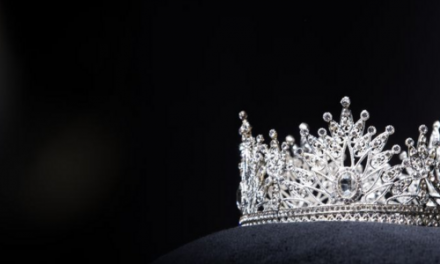Over the past few months I’ve continued studying Russian, and while I’m nowhere near proficient with the language, I am hitting different plateaus than when I started. The words that stump me (either in what they mean or how to spell them) are more complicated than the ones that did so in the past, and I’m starting to get a feel for how the language flows, both grammatically and aurally.
I’m still far better at speaking than writing, but that’s namely because with the former I don’t have to worry about the exact spelling, which still throws me for a loop some times. The quick and dirty rule is that, in Russian, every letter is pronounced the same way every time, quite unlike English. While this is usually true, there are exceptions which confuse me as I try to commit things to memory. I’ve installed the Russian-language keyboard on both my phone and desktop, and wow, that’s a whole other skillset to pick up – the muscle memory of which letters are where.
Previously I’ve discussed how Russian doesn’t have articles like “the” or “was,” relying instead on specific grammar and context to frame nouns and verbs. I thought I would have more trouble with that, but the more I’m exposed to the language (through my learning apps and the occasional podcast) it hasn’t become an issue.
I used to struggle with the words вот and здесь – “where” and “here,” respectively – which are relatively simple, all things considered. These days I’m trying to wrap my mind around доброе утро and спокойной вечер – “good morning” and “good night.” The times of day aren’t bad, but the two different ways to say “good” throw me off. That and look at the spelling for “good night.” Yeesh!
There are many words which have strings of consonants in patterns we don’t see in English, such as Где, which is pronounced “g’dye'” and means “where.” Two more that I’m working with include хлеб (bread, pronounced “hleb'”) and всё (everything, pronounced “v-s-oh”). Heck, one of the most common words in Russian starts off with this kind of pattern – здраствуйте, which means “hello” and is pronounced “z-drast-veet-ye.” One of the podcasts I listen to waited until the fourth or fifth lesson before even trying to tackle that one.
I really wish there were Russian classes at the local junior college, because the expectation of attendance and homework I think would go a long way to push myself to studying harder. Right now I do straightforward review sessions daily, but learning new words is frightening because I still don’t fully know how to spell the words with which I’m already familiar.
In any case, this was just a quick rundown of how my foreign language lessons have been going, bolstered by applications like Memrise and DuoLingo, available both for online and mobile use.















